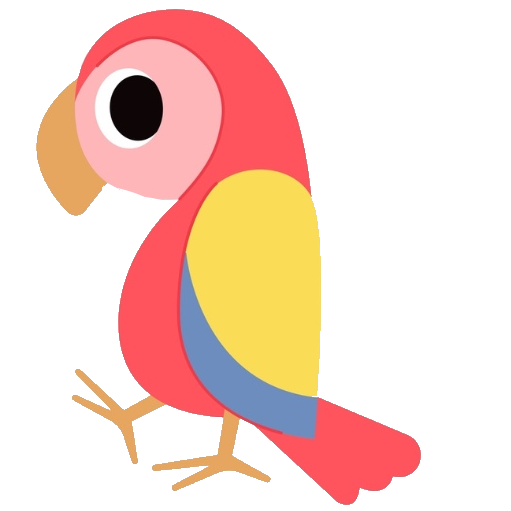MANILA, Philippines – Filipino-Ivorian fencer Maxine Esteban said she looks forward to the day that no national athlete hoping to bring honor to the country will have to chase their dreams elsewhere.
“I hope I will be the last,” said the highest-ranked Philippine-born fencer in the world, who finally opened up on the circumstances that led to her switching her allegiance to Cote d’Ivoire.
“Napakasakit po. Sobra akong nabastos,” Esteban told Power and Play over the weekend. “My prayer and hope is that whatever happened to me would never happen to any Filipino athlete. What [my federation] did to me was extremely hurtful, unfair and disrespectful.”
Esteban said things started to sour when she got injured while representing the Philippines in the World Championship in Egypt in July last year.
The eight-time national champion and the only Filipino fencer World Cup multi-medalist tore her ACL, which required a six-month rehabilitation program. Esteban said that upon learning the extent of her injury, she immediately wrote the Philippine Fencing Association (PFA) requesting that she be excused from the national and international events of the qualifiers.
The PFA, Esteban said, wrote back and excused her.
“In other countries, you don’t need to do that,” Esteban said. “You are excused and your ranking stays while you recover because that is the least that they can do to show their appreciation for your service and sacrifices.”
To her surprise, she was informed by fellow fencers that when the list of national athletes was posted, she was no longer part of the team. Esteban said the PFA did not even inform her of the decision.
The World No. 39 then sought an audience with the PFA board to clarify the situation, attaching the federation’s response to her excuse letter — to no avail.
Esteban denied leaving the country due to rich offers from abroad, saying “first of all, I did not turn my back on my country. I turned my back on my federation because it turned its back on me first.”
She bared having received several offers for naturalization from other countries but chose Ivory Coast because of her family’s long-standing ties to the country. The athlete had also held clinics and donated fencing equipment to Ivory Coast when she was younger.
Esteban said she no longer has regrets about how things turned out but hopes that by opening up on her experience, it will lead to change in the way things are being done in national federations.

